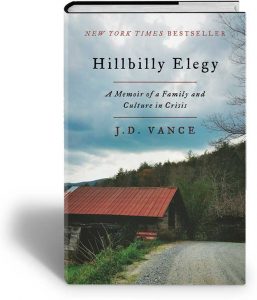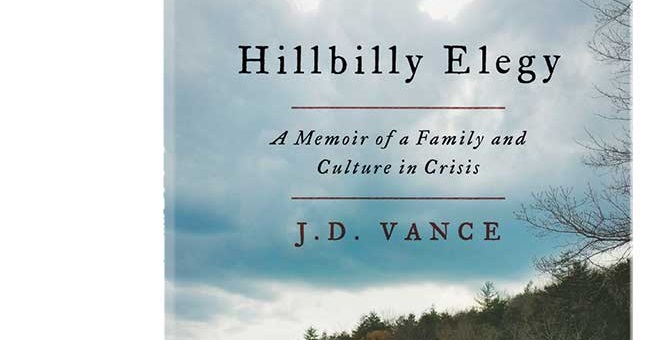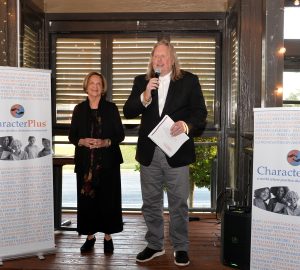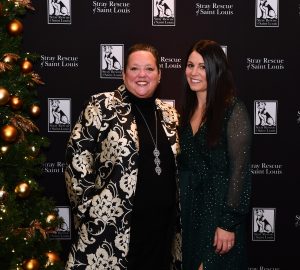This new book by first-time author J.D. Vance (2016, HarperCollins) was all over the airwaves around election time. It was hailed as the voice of rust belt America, a way to understand the forces at work in a strata of the American fabric that most of us aren’t too familiar with. That, precisely, is why I bought it (plus, the library wait list was way too long).
 I was looking for a revelation, but this book does not deliver it. It goes into detail about the author’s difficult childhood in Appalachia, where his Mawmaw and Pawpaw (grandparents) were the only stabilizing figures. Vance tries to explain the devolution of hillbilly culture, why so many in the generations after his grandparents have turned to drugs and crime. But he never really gets away from his vantage point of someone who has escaped the unfortunate cycle and gone on to a law degree from Yale.
I was looking for a revelation, but this book does not deliver it. It goes into detail about the author’s difficult childhood in Appalachia, where his Mawmaw and Pawpaw (grandparents) were the only stabilizing figures. Vance tries to explain the devolution of hillbilly culture, why so many in the generations after his grandparents have turned to drugs and crime. But he never really gets away from his vantage point of someone who has escaped the unfortunate cycle and gone on to a law degree from Yale.
If only he could have better channeled the young boy who suffered through a series of new daddies, a mother’s addiction and other misfortunes, Hillbilly Elegy would have done more showing of what that life is like rather than telling. What we get is the grownup and educated Vance reflecting on his childhood humiliations, and for that, we can read a sociology tome.
I was really disappointed in this book as there is a great need right now to understand the disenchantment of working class folks whose communities have shriveled due to plant closures (Vance grazes the issue). If, like me, you feel the need to connect with this part of our society, you’ll need to look beyond Vance’s reflections. Try Listen, Liberal by Thomas Frank.







